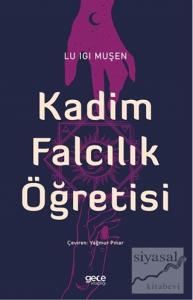
The title of this book may strike the reader as strange and even dissonant. What have art and ritual to do together? The ritualist is, to the modern mind, a man concerned perhaps unduly with fixed forms and ceremonies, with carrying out the rigidly prescribed ordinances of a church or sect. The artist, on the other hand, we think of as free in thought and untrammelled by convention in practice; his tendency is towards licence. Art and ritual, it is quite true, have diverged to-day; but the title of this book is chosen advisedly. Its object is to show that these two divergent developments have a common root, and that neither can be understood without the other. It is at the outset one and the same impulse that sends a man to church and to the theatre.
Such a statement may sound to-day paradoxical, even irreverent. But to the Greek of the sixth, fifth, and even fourth century B.C., it would have been a simple truism. We shall see this best by following an Athenian to his theatre, on the day of the great Spring Festival of Dionysos.
The title of this book may strike the reader as strange and even dissonant. What have art and ritual to do together? The ritualist is, to the modern mind, a man concerned perhaps unduly with fixed forms and ceremonies, with carrying out the rigidly prescribed ordinances of a church or sect. The artist, on the other hand, we think of as free in thought and untrammelled by convention in practice; his tendency is towards licence. Art and ritual, it is quite true, have diverged to-day; but the title of this book is chosen advisedly. Its object is to show that these two divergent developments have a common root, and that neither can be understood without the other. It is at the outset one and the same impulse that sends a man to church and to the theatre.
Such a statement may sound to-day paradoxical, even irreverent. But to the Greek of the sixth, fifth, and even fourth century B.C., it would have been a simple truism. We shall see this best by following an Athenian to his theatre, on the day of the great Spring Festival of Dionysos.






















